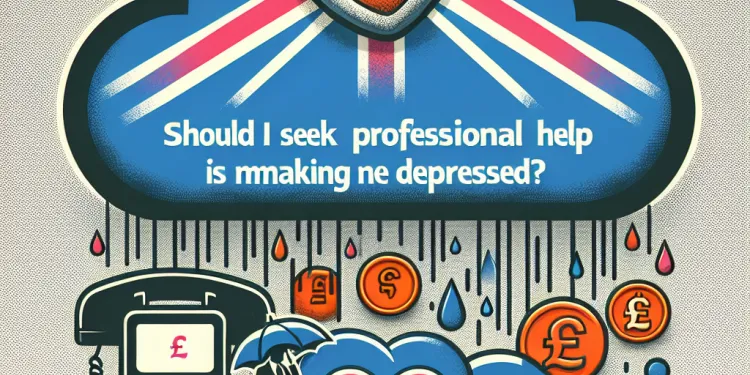
Find Help
More Items From Ergsy search
-
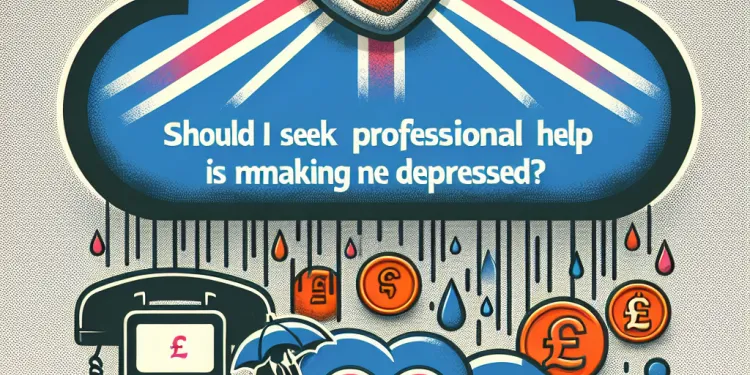
Should I seek professional help if my relationship is making me depressed?
Relevance: 100%
-
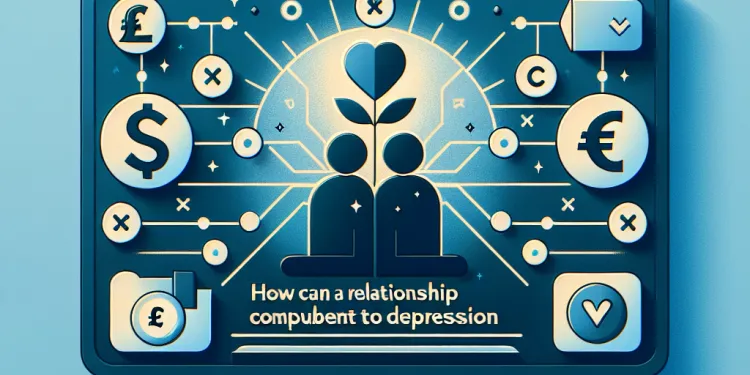
How can a relationship contribute to depression?
Relevance: 93%
-
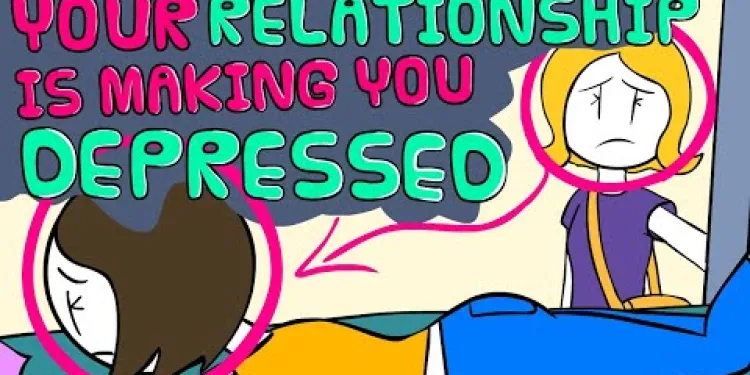
7 Signs Your Relationship is Making You Depressed
Relevance: 92%
-
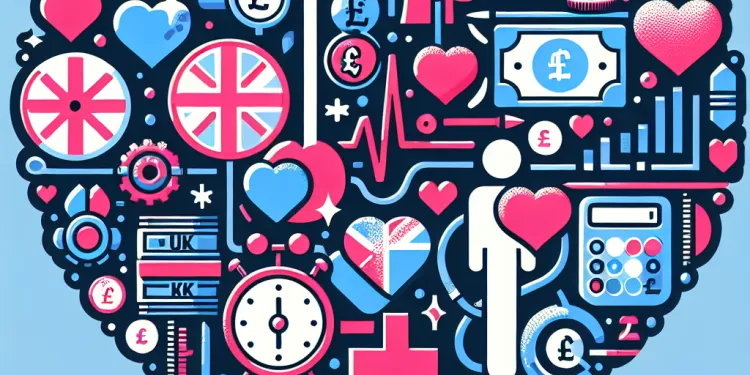
What are the signs that my relationship is making me depressed?
Relevance: 92%
-

Should someone with postnatal depression seek professional help?
Relevance: 91%
-

Are there any self-care strategies to cope with relationship-induced depression?
Relevance: 67%
-

Can physical symptoms be linked to relationship-induced depression?
Relevance: 65%
-
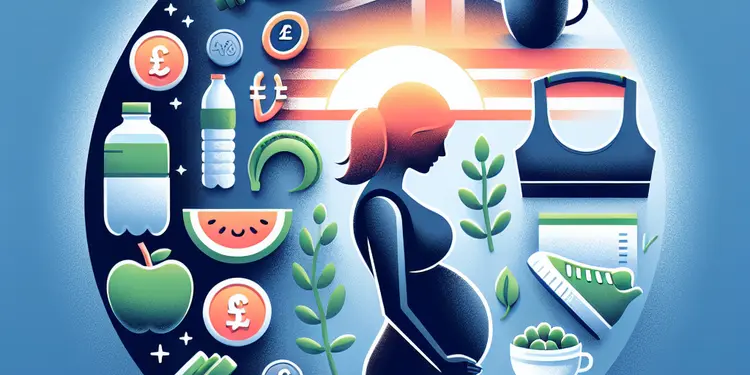
Can lifestyle changes help with postnatal depression?
Relevance: 64%
-

What should I do if my partner dismisses my feelings of depression?
Relevance: 63%
-

Is it possible to feel trapped in a relationship?
Relevance: 62%
-

Can relationship problems be resolved to improve mental health?
Relevance: 62%
-

Can fathers experience postnatal depression?
Relevance: 60%
-

What causes postnatal depression?
Relevance: 59%
-
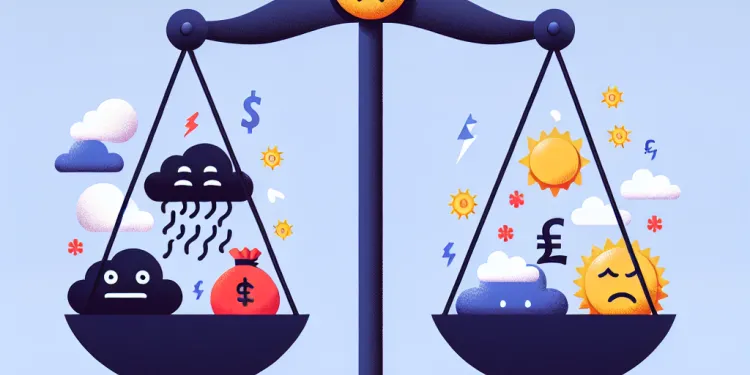
What role do unhealthy dynamics play in causing depression?
Relevance: 59%
-
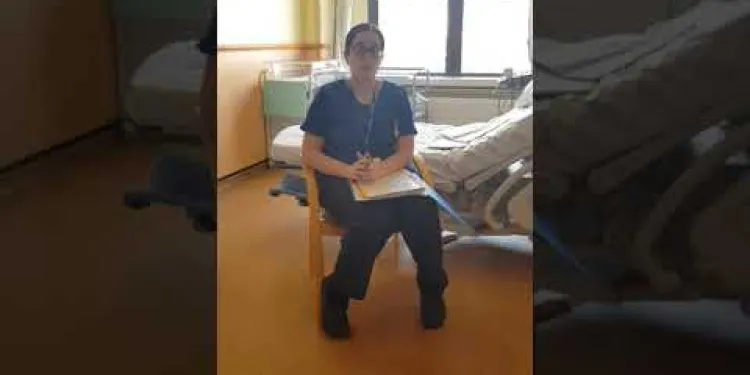
Postnatal Depression
Relevance: 58%
-
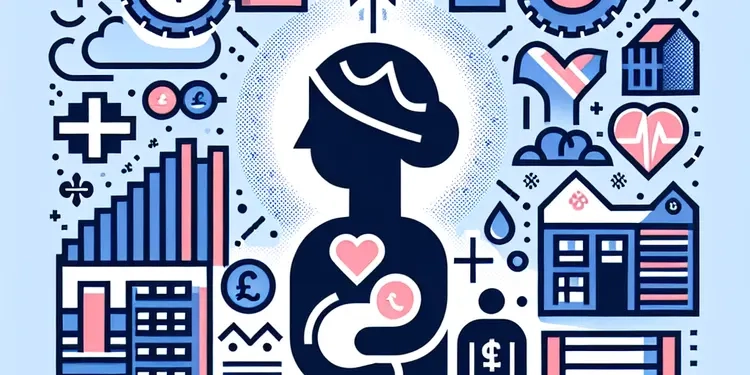
What is postnatal depression?
Relevance: 57%
-

Is it better to stay in a relationship for the sake of not being alone?
Relevance: 56%
-

Is postnatal depression a long-term condition?
Relevance: 56%
-

Can ending a toxic relationship improve my mental health?
Relevance: 56%
-

Is it normal to feel sad in a relationship sometimes?
Relevance: 56%
-
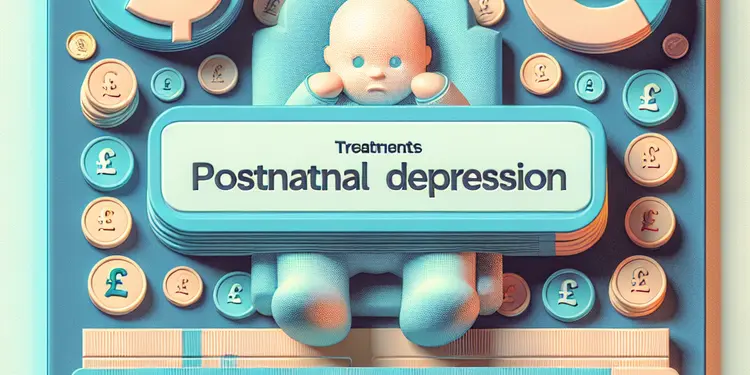
Are there treatments available for postnatal depression?
Relevance: 55%
-

Clinical depression: Lawrence's story | NHS
Relevance: 54%
-
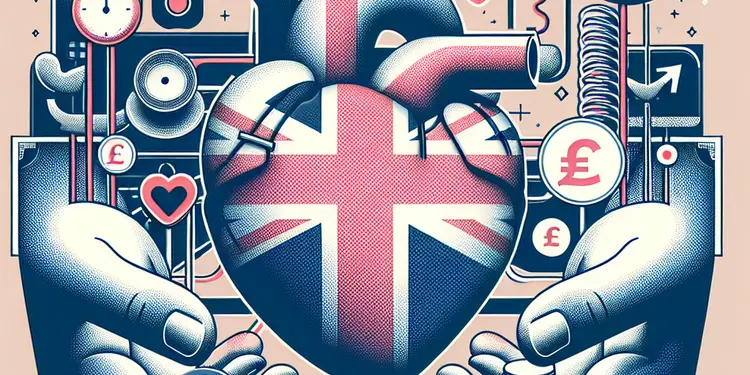
Can health-related anxiety affect relationships?
Relevance: 54%
-
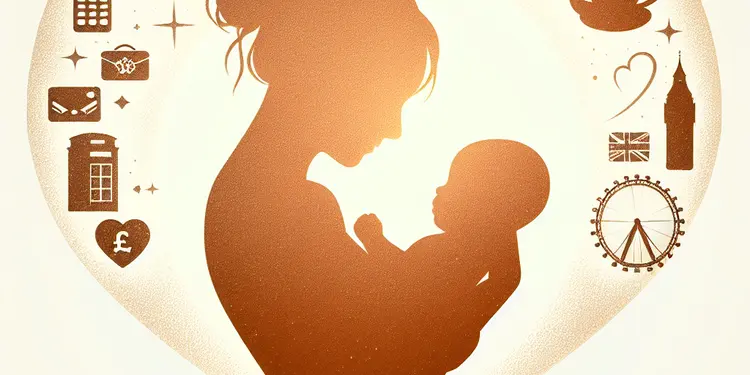
How does postnatal depression affect bonding with the baby?
Relevance: 53%
-
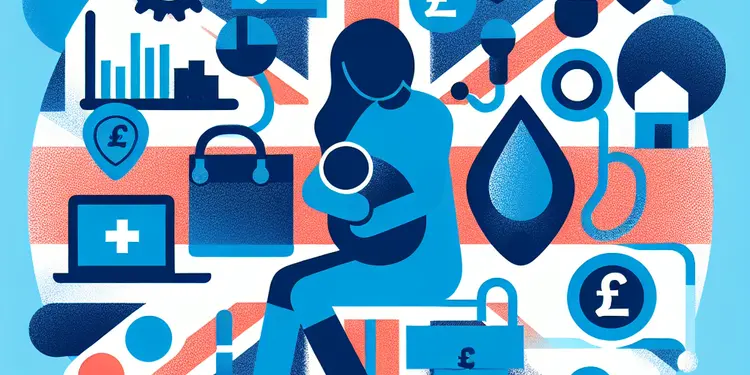
How is postnatal depression diagnosed?
Relevance: 53%
-

Is postnatal depression preventable?
Relevance: 53%
-

Treating anxiety and depression - www.slam.nhs.uk
Relevance: 52%
-

What are the symptoms of postnatal depression?
Relevance: 52%
-

What are the benefits of relationship counselling?
Relevance: 52%
-
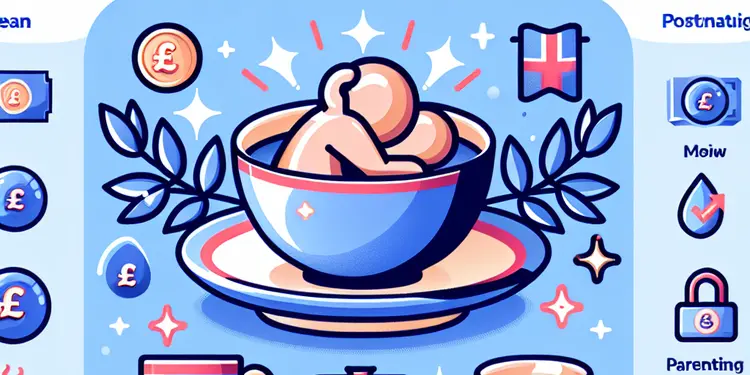
Are there support groups for postnatal depression?
Relevance: 51%
-

Postnatal Depression - Leanne's Story
Relevance: 50%
-

How can I rebuild my self-esteem in a challenging relationship?
Relevance: 50%
-
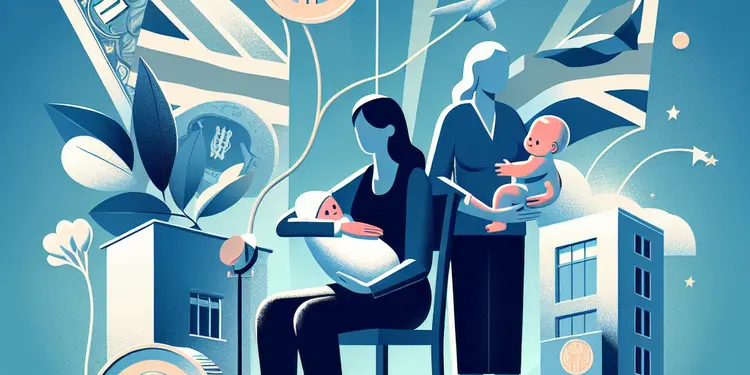
Can postnatal depression recur after treatment?
Relevance: 50%
-
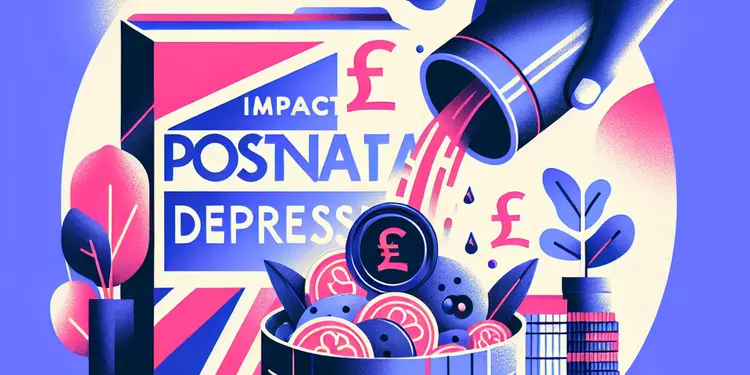
Can diet impact postnatal depression?
Relevance: 49%
-
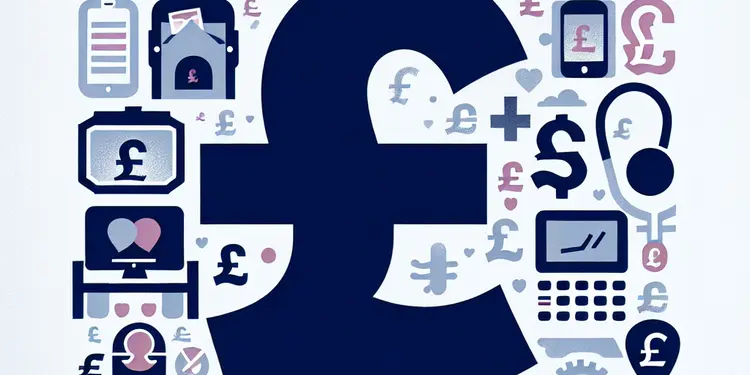
What should I do if I suspect I have postnatal depression?
Relevance: 49%
-

Can postnatal depression affect subsequent pregnancies?
Relevance: 49%
-
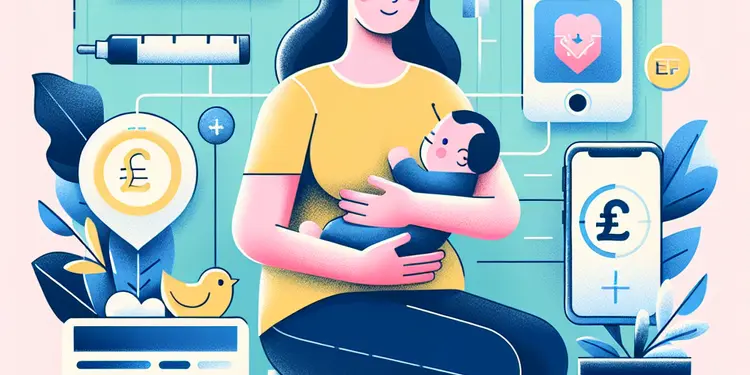
How is postnatal depression different from the 'baby blues'?
Relevance: 48%
-
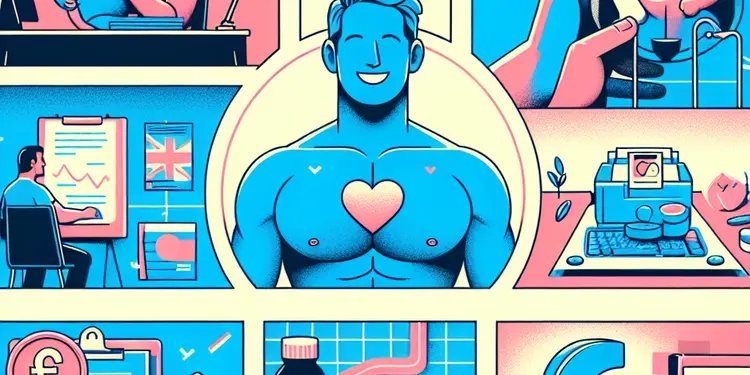
Is medication necessary for treating postnatal depression?
Relevance: 48%
-
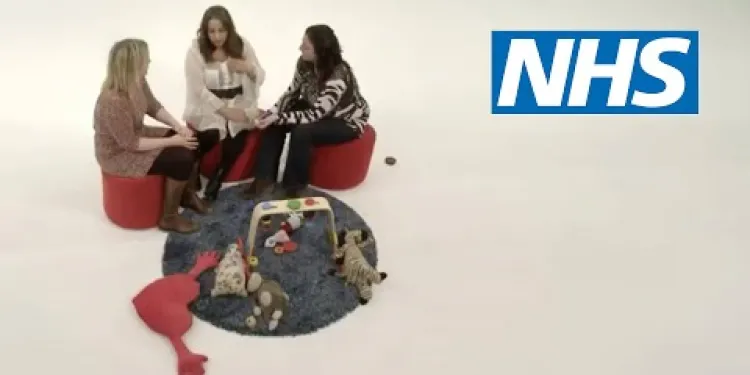
How do I know if I have postnatal depression? | NHS
Relevance: 48%
-
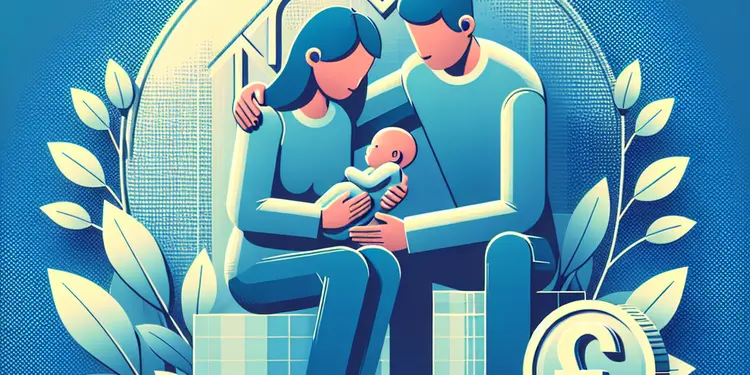
How can family members support someone with postnatal depression?
Relevance: 47%
Understanding the Impact of Relationships on Mental Health
Relationships, whether romantic, familial, or platonic, play a crucial role in our overall wellbeing. They offer support, companionship, and love. However, when a relationship starts to have a negative impact on your mental health, it may lead to feelings of depression. Recognising when a relationship contributes to your emotional distress is vital for maintaining your mental health.
Signs Your Relationship May Be Making You Depressed
It can be challenging to distinguish normal relationship difficulties from those causing depression. Common signs that your relationship might be affecting your mental health include persistent sadness, anxiety, withdrawing from social activities, trouble sleeping, and loss of interest in activities you once enjoyed. If these symptoms are present, it is important to consider their sources, including your relationship dynamics.
The Benefits of Seeking Professional Help
Professional help can provide the tools and guidance needed to navigate complex relationship issues. A therapist can offer a safe space to express your feelings and help you gain clarity on your situation. Therapy can help identify unhealthy patterns and teach effective communication and coping skills. Moreover, it can be beneficial in rebuilding self-esteem that might have been eroded by a challenging relationship.
Types of Professional Help Available in the UK
In the UK, there are various options available for those seeking help due to relationship-induced depression. Counsellors and psychotherapists can offer individual therapy tailored to explore personal feelings and experiences. For those interested in joint sessions, couples therapy is an option that can help address relationship issues collaboratively. Additionally, cognitive behavioural therapy (CBT) is widely used to address depressive symptoms by changing negative thought patterns.
Accessing Mental Health Services in the UK
To access mental health services in the UK, individuals can seek a referral from their GP, who can recommend therapy options or mental health specialists. Alternatively, private counselling and therapy services are available, though these may incur additional costs. Charities and organisations such as Relate, Mind, and the Mental Health Foundation also offer resources and support for those dealing with relationship-related depression.
Conclusion: Prioritising Your Mental Health
If your relationship is making you depressed, seeking professional help can be an important step towards recovery. Prioritising your mental health is crucial, and professional guidance can facilitate the healing process. Whether through individual or couples therapy, taking proactive measures to address relationship-induced depression can lead to healthier relationships and improved personal wellbeing.
Understanding How Relationships Affect Your Feelings
Relationships are the people you are close to, like family, friends, or a boyfriend or girlfriend. They are important because they give us support, caring, and friendship. But sometimes, a relationship can make you feel bad or unhappy. It’s important to notice when a relationship makes you feel this way, so you can stay healthy and happy.
How to Know if Your Relationship is Making You Sad
It can be hard to tell if normal problems in a relationship are making you feel really sad or depressed. Here are some signs to watch for: If you feel sad all the time, worried, if you stop doing things with your friends, have trouble sleeping, or don’t like doing things you used to enjoy. If you have these feelings, it’s important to think about why, and if your relationship might be part of the problem.
Why Talking to a Professional Can Help
A professional, like a therapist, can help you understand your feelings better. They give you a safe place to talk about your feelings and help you think more clearly. They can show you ways to talk better and make your relationship healthier. Therapy can also help you feel better about yourself if your relationship has made you feel bad.
What Help You Can Get in the UK
If you live in the UK, there are many ways to get help if your relationship makes you feel depressed. You can talk to a counsellor or therapist alone, or you can both go to couples therapy and talk together. They might also use something called cognitive behavioural therapy (CBT) to help you change the way you think about things so you feel better.
How to Get Help with Your Feelings in the UK
In the UK, you can go to your GP to ask for help. They can tell you about therapy options and mental health experts who can help you. If you want, you can also find private therapists, but they might cost more money. There are also charities like Relate, Mind, and the Mental Health Foundation that can help you with resources and support when your relationship problems make you feel depressed.
Conclusion: Taking Care of Your Feelings
If your relationship is making you feel really sad, it’s important to talk to a professional. Taking care of how you feel is very important, and getting help can make you feel better. Whether you talk to someone alone or with your partner, getting help with relationship problems can lead to feeling happier and having better relationships.
Frequently Asked Questions
Useful Links
This website offers general information and is not a substitute for professional advice.
Always seek guidance from qualified professionals.
If you have any medical concerns or need urgent help, contact a healthcare professional or emergency services immediately.
Some of this content was generated with AI assistance. We’ve done our best to keep it accurate, helpful, and human-friendly.
- Ergsy carfully checks the information in the videos we provide here.
- Videos shown by Youtube after a video has completed, have NOT been reviewed by ERGSY.
- To view, click the arrow in centre of video.
- Most of the videos you find here will have subtitles and/or closed captions available.
- You may need to turn these on, and choose your preferred language.
- Go to the video you'd like to watch.
- If closed captions (CC) are available, settings will be visible on the bottom right of the video player.
- To turn on Captions, click settings .
- To turn off Captions, click settings again.
More Items From Ergsy search
-

Should I seek professional help if my relationship is making me depressed?
Relevance: 100%
-

How can a relationship contribute to depression?
Relevance: 93%
-

7 Signs Your Relationship is Making You Depressed
Relevance: 92%
-

What are the signs that my relationship is making me depressed?
Relevance: 92%
-

Should someone with postnatal depression seek professional help?
Relevance: 91%
-

Are there any self-care strategies to cope with relationship-induced depression?
Relevance: 67%
-

Can physical symptoms be linked to relationship-induced depression?
Relevance: 65%
-

Can lifestyle changes help with postnatal depression?
Relevance: 64%
-

What should I do if my partner dismisses my feelings of depression?
Relevance: 63%
-

Is it possible to feel trapped in a relationship?
Relevance: 62%
-

Can relationship problems be resolved to improve mental health?
Relevance: 62%
-

Can fathers experience postnatal depression?
Relevance: 60%
-

What causes postnatal depression?
Relevance: 59%
-

What role do unhealthy dynamics play in causing depression?
Relevance: 59%
-

Postnatal Depression
Relevance: 58%
-

What is postnatal depression?
Relevance: 57%
-

Is it better to stay in a relationship for the sake of not being alone?
Relevance: 56%
-

Is postnatal depression a long-term condition?
Relevance: 56%
-

Can ending a toxic relationship improve my mental health?
Relevance: 56%
-

Is it normal to feel sad in a relationship sometimes?
Relevance: 56%
-

Are there treatments available for postnatal depression?
Relevance: 55%
-

Clinical depression: Lawrence's story | NHS
Relevance: 54%
-

Can health-related anxiety affect relationships?
Relevance: 54%
-

How does postnatal depression affect bonding with the baby?
Relevance: 53%
-

How is postnatal depression diagnosed?
Relevance: 53%
-

Is postnatal depression preventable?
Relevance: 53%
-

Treating anxiety and depression - www.slam.nhs.uk
Relevance: 52%
-

What are the symptoms of postnatal depression?
Relevance: 52%
-

What are the benefits of relationship counselling?
Relevance: 52%
-

Are there support groups for postnatal depression?
Relevance: 51%
-

Postnatal Depression - Leanne's Story
Relevance: 50%
-

How can I rebuild my self-esteem in a challenging relationship?
Relevance: 50%
-

Can postnatal depression recur after treatment?
Relevance: 50%
-

Can diet impact postnatal depression?
Relevance: 49%
-

What should I do if I suspect I have postnatal depression?
Relevance: 49%
-

Can postnatal depression affect subsequent pregnancies?
Relevance: 49%
-

How is postnatal depression different from the 'baby blues'?
Relevance: 48%
-

Is medication necessary for treating postnatal depression?
Relevance: 48%
-

How do I know if I have postnatal depression? | NHS
Relevance: 48%
-

How can family members support someone with postnatal depression?
Relevance: 47%


